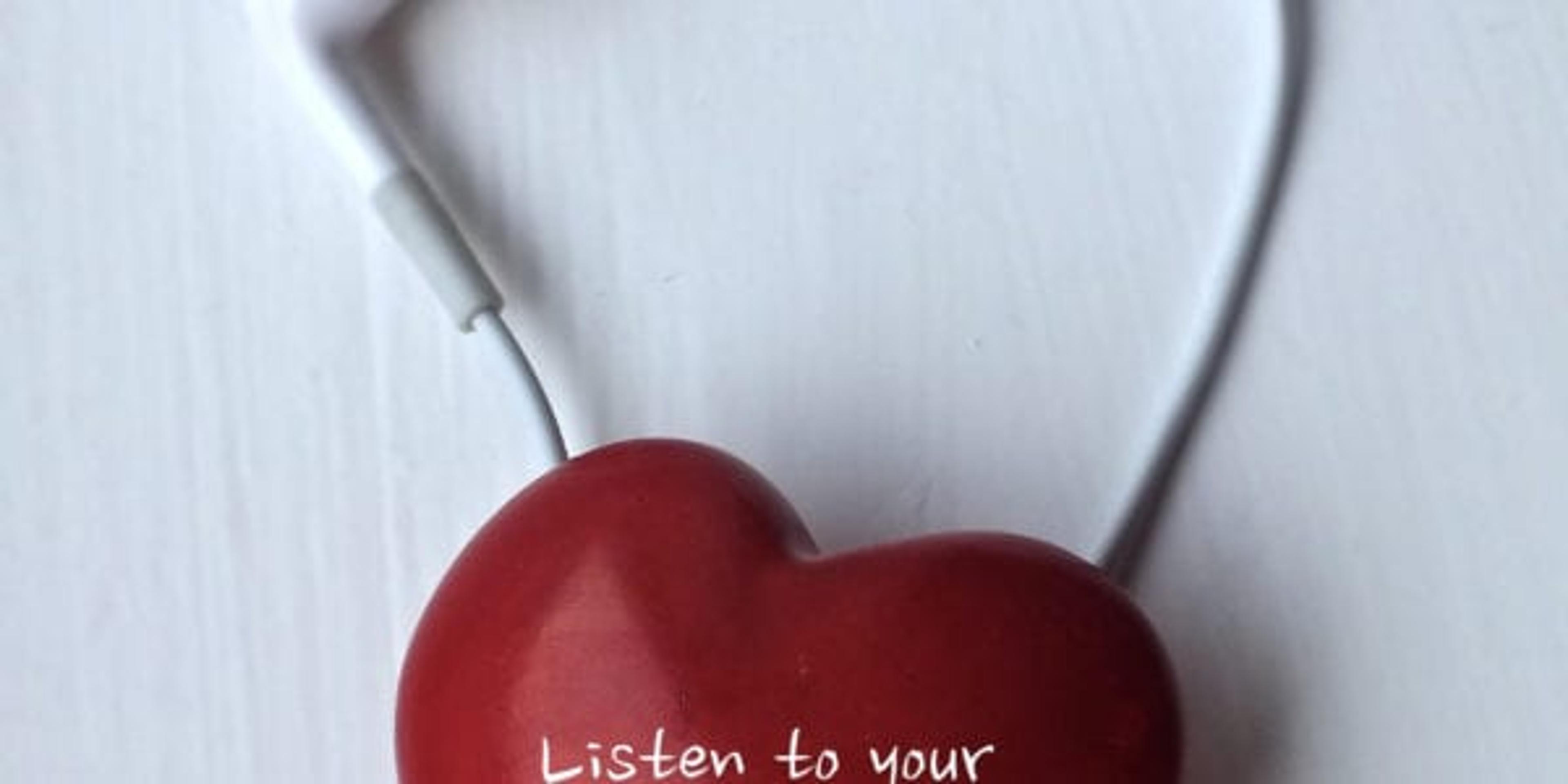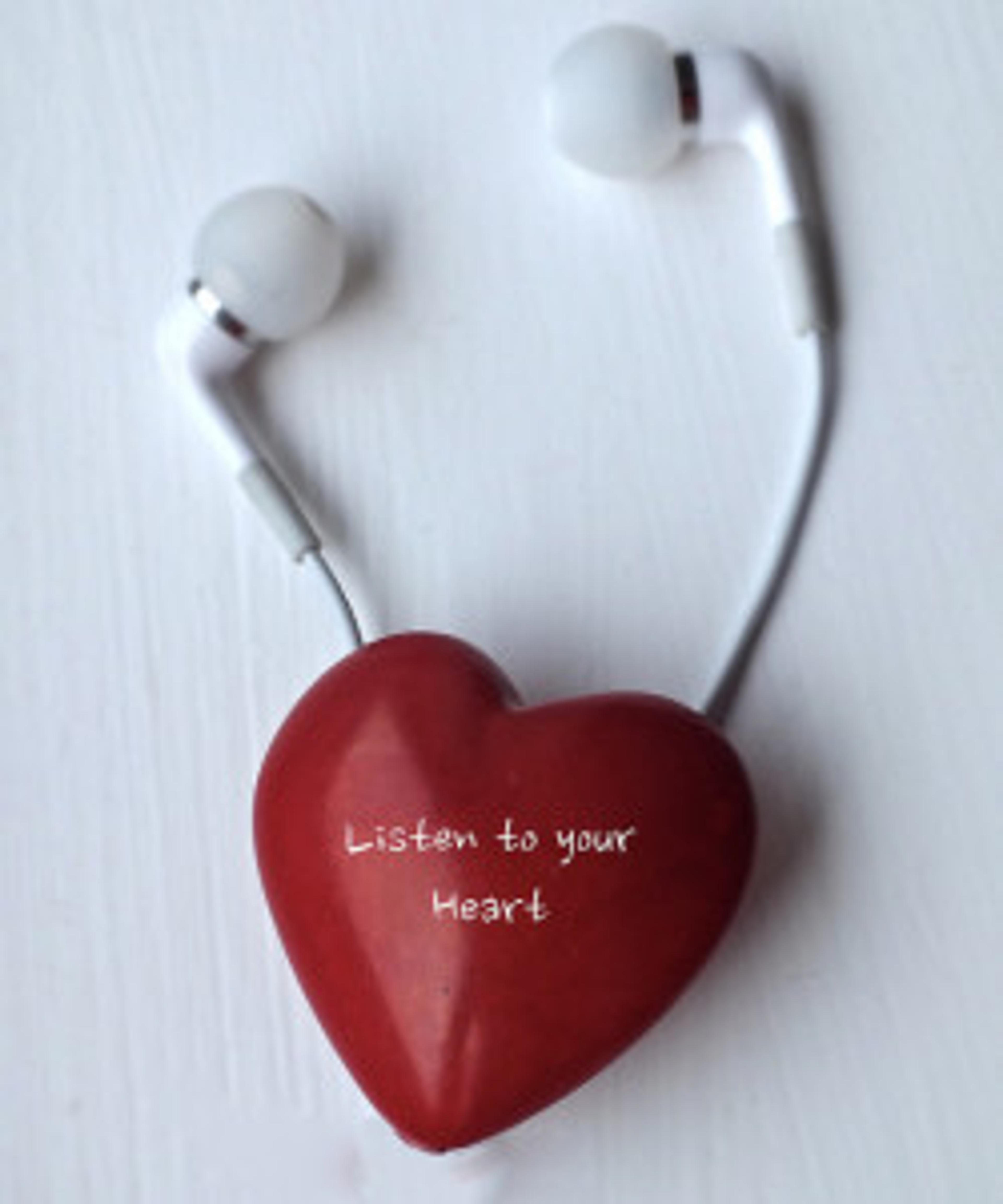The Silent Killer: Six Things You Need to Know

Lindsay Norrod
| 3 min read

You have probably heard about high blood pressure, also called hypertension, but you may not know why it’s important to understand.

Blood pressure (BP) is the force of blood against the artery wall. If your blood pressure stays high over a longer period of time, you can damage your heart, kidneys, blood vessels and increase your risk of other health problems like a stroke or heart attack. In fact, the CDC reports that seven out of every 10 people who have their first heart attack, have high blood pressure. For those suffering their first stroke, eight out of every 10 people have high blood pressure.
With one in three U.S. adults having high blood pressure, and only about half of these people having it under control you can see why it is a concern. Another reason to know your numbers is because 20 percent of people with high BP don’t know they have it.
Our blood pressure is measured as systolic pressure (pressure when the heart is pumping blood) over diastolic pressure (pressure when heart is at rest). Here is a quick glimpse of the recommendations for blood pressure.
Normal less than 120 and less than 80 Prehypertension 120-139 or 80-89 High Blood Pressure 140+ or 90+
Maybe you’re thinking, “I must be ok because I don’t feel sick”. An important thing to remember is there are often no signs or symptoms for high blood pressure so you may feel fine right until you suffer a serious health problem.
The best way to identify if you have high blood pressure is to visit your doctor or a local pharmacy to have it checked. After diagnosis, a doctor may suggest medications or lifestyle changes. Like a lot of us, taking medications doesn’t sound very appealing. Take a look at these lifestyle changes you can make to have an impact on your BP readings, whether you’re trying to prevent or manage high blood pressure.
- Change up your diet. Ditch the salt shaker and processed foods and aim for more fresh foods. Take a look at the DASH Diet program for more information.
- Limit your alcohol. Too much can raise your blood pressure so keep it to two drinks a day for men and one drink a day for women.
- If needed, lower your weight. Losing even a small amount of weight can have a positive impact on your blood pressure.
- Boost your physical activity level. Being active not only helps manage blood pressure but it impacts other factors that may affect your BP such as your weight, stress, and strengthening your heart.
- Manage stress. It’s not a direct risk factor for high blood pressure but it can lead to other lifestyle behaviors that increase your risk.
- Quit smoking. Smoking causes a temporary increase in your blood pressure once you’ve finished your cigarette so it may not be a direct cause but quitting can certainly benefit your heart health
Photo credit: Olivia Alcock





